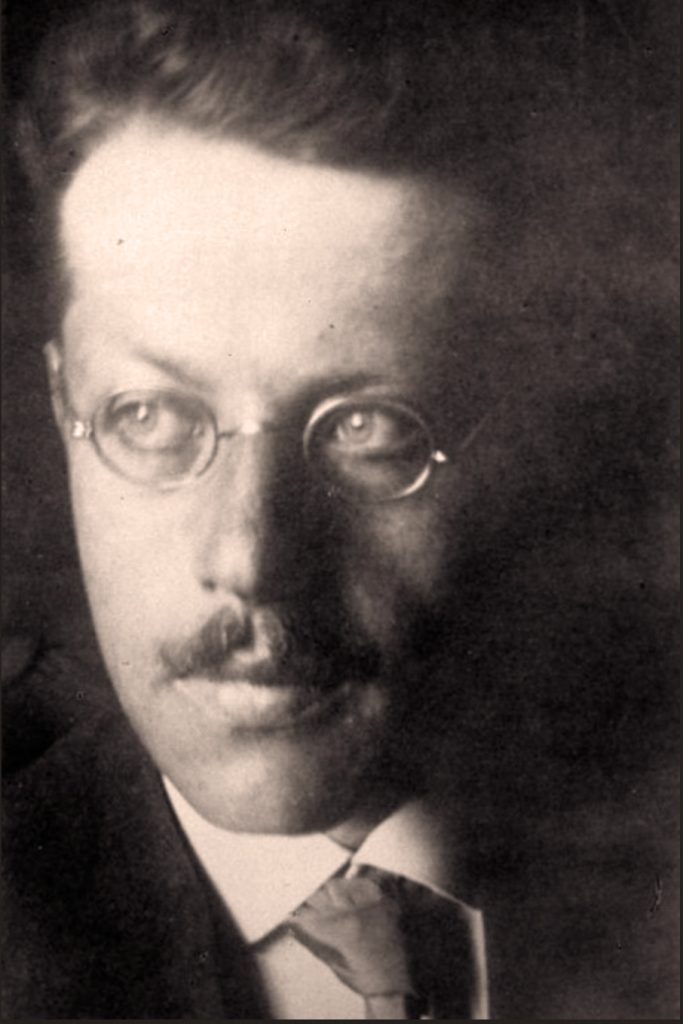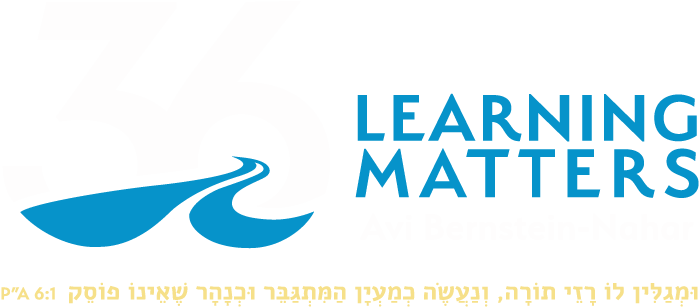
The next Franz Rosenzweig Academy will be announced in this space shortly. To receive a link to the information once it is posted, please scroll to the bottom of this page and fill out the contact information form.
The Summer 2025 Academy was described as follows:
Grapple in a highly collaborative environment with Franz Rosenzweig’s Hegel and the State, building the skills and understanding to interpret an author many consider to be the preeminent Jewish theorist of the modern era. We will ask whether and in what fashion Rosenzweig’s Hegel book helped position him, as he had hoped, to be the natural successor to Hermann Cohen, and we will confront perhaps the most pressing set of issues of our contemporary moment: the nature of the nation-state, its legitimacy, and the rights, roles, and obligations of its citizens.
Staff
Avi Bernstein-Nahar is a Visiting Scholar at Brandeis University, Department of Near Eastern and Judaic Studies, a member of the Hebrew College “Tamid” Faculty, and founder and principal of 36 LEARNING MATTERS. Avi has spent his 30+ year career in higher ed teaching and has been consistently recognized for outstanding achievements in teaching and learning design. For the last three years of his tenure as the Executive Director of the Brandeis Osher Lifelong Learning Institute he trained scores of graduate students in design-methods, providing an experience and outcomes that one participant called “transformative.” Praised by students and colleagues alike for his ability to bring to life the voices of Weimar luminaries such as Martin Buber, Franz Kafka, Gershom Scholem, and Franz Rosenzweig, he is the author of “In the Name of a Narrative Education: Hermann Cohen and Historicism Revisited,” among other essays.
David Kretz is a Postdoctoral Associate in the Humanities Program at Yale University. He holds a PhD from the Committee on Social Thought and Department of Germanic Studies at the University of Chicago. Prior to that he studied philosophy and intellectual history in Paris, Berlin, and Vienna. His co-edited volume, Hegel and MacIntyre: Reason in History, is forthcoming in 2025. At UChicago and Brandeis University, David was recognized time and again for his extraordinary skill as a teacher, whether of German language, literature, or philosophy and modern thought.
Ari King is the A/V Assistant and Participating Filmmaker for the Summer Academy. He has a degree in philosophy from Columbia and spent the past year teaching high school debate, while serving as a guest critic and artist at the Cranbrook Academy of Art in Bloomfield Hills, Michigan. He will be balancing membership in the Academy with his A/V role documenting the course, and answering technical questions. He is deeply interested in modern German-Jewish intellectual history and looks forward to watching the class unfold.
Advisory Board
Alan Mittleman, Aaron Rabinowitz and Simon H. Rifkind Emeritus Professor of Jewish Philosophy. Bio here.
Ariel Evan Mayse, Associate Professor of Religious Studies at Stanford University. Bio here.
Ora Wiskind-Elper, Associate Professor in the Graduate Program in Jewish Thought at Michlalah Jerusalem College and at Ono Academic College, Israel. Bio here.
Timothy P. Jackson, Bishop Mack B. and Rose Stokes Professor of Theological Ethics, Emeritus, at The Candler School of Theology at Emory University. Bio here.
Robert S. Schine, Curt & Else Silberman Professor of Jewish Studies, Middlebury College. Bio here.
Wheelchair access to 170 Beacon Street is available through the back parking lot.
Image: Franz Rosenzweig via Wiki Commons
